Public Health and Health Protection - RKXKU1ABNF
Academic year/semester: 2024/25/2
ECTS Credits: 4
Available for: All OU students
Lecture hours: 2
Seminarium:-
Practice: 1
Laboratory: 0
Consultation: -
Prerequisites: None
Course Leader: Prof. Dr. habil. Hosam Hamuda Bayoumi
Faculty: Rejtő Sándor Faculty of Light Industry and Environmental Engineering, 1034 Budapest, Doberdó utca 6.
Course Description:
The aim of the course is for students to get to know the tasks and methods of public health and
environmental health. Topics: Concept of health and illness. The history of public health and its
outstanding personalities. The structure and organizational system of Hungarian and international
public health. The main tasks and areas of health education. Education for an environmentally and
health-conscious lifestyle. Demographic basics, risk assessment and investigation methods,
demographic characteristics of the Hungarian and international situation. The impact of
globalization on health. Environmental health science: consequences of globalization. Climate
change. Epigenetics. Occupational health and health care. General epidemiology of infectious
diseases. Epidemiological measures for the benefit of the infectious patient and his environment.
National and international epidemiological situation. Levels and arenas of prevention.
Epidemiology and prevention of non-communicable diseases. Hospital hygiene, prevention of
nosocomial infections. Health protection. Acquisition of health protection and public health
knowledge. Health promotion. Nutrition and health science. Characteristics of Hungarian nutrition.
Environmental health aspects of nutrition. Alternative forms of nutrition. The structure and
functioning of the immune system. Antibodies. Immunity and vaccinations. Transplantation,
transfusion. Antibiotics. Allergy, AIDS, autoimmune disease. Air, soil and water hygiene. Mental
health. Infection control. Ionizing and non-ionizing radiations. Environmental health problems of
the skin organ system, respiratory and movement organ system and metabolic processes. Noncommunicable diseases: Epidemiology of cardiovascular and tumour diseases. Mental health care.
Old and new addictions. Current duties of mother, child and youth protection. Aging societies and
the public health challenges of old age. Health problems caused by waste. Effect of environmental
pollution. Presence of environmental pollutants in food. Basic concepts of toxicology. Toxicology
of metals, their compounds and pesticides. Toxicological tests and their characteristics,
measurement options. Genotoxicology and its expected effects. Adaptation processes of the
weather and the organism. Recognizing the connections between the environment and health.
Expected health effects of climate change.
Competences:
− Knowledge of general and specific mathematical, natural and social scientific principles, rules, relations, and procedures as required to pursue activities in the special field of environment protection. − Knowledge of the learning, knowledge acquisition, and data collection methods of the special fields of environment protection, their ethical limitations and problem-solving techniques. − Comprehensive knowledge of the basic features and interrelations of environmental elements and systems, as well as of the environmentally harmful substances affecting them. − Able to cooperate with engineers involved in the development and application of production and other technologies to develop the given technology in terms of environment protection. − Able to participate creatively in engineering work based on their multidisciplinary skills, as well as to adapt to continuously changing circumstances. − Collaboration with civil organizations engaged in environment protection, but willing to argue in order to develop optimal solutions. − Constantly upgrading their knowledge of environment protection by attending organized professional development training courses. − Sharing experiences with colleagues, thus promoting their development. − Taking responsibility towards society for their decisions made in the scope of environment protection.
Topics:
Week 1:
Lecture: Concept of health and illness. The history of public health and its outstanding personalities. The structure and organizational system of Hungarian and international public health. The main tasks and areas of health education. Education for an environmentally and health-conscious lifestyle.
Practical: Activities of healthcare institutions, social and human insurance organizations.
Week 2:
Lecture: Demographic basics, risk assessment and investigation methods, demographic characteristics of the Hungarian and international situation.
Week 3:
Lecture: The impact of globalization on health. Environmental health science: consequences of globalization. Climate change. Epigenetics. Occupational health and health care.
Practical: High-quality analysis of demographic, mortality and morbidity, as well as other health and social security data initiates the development of the analysis methodology.
Week 4:
Lecture: General epidemiology of infectious diseases. Epidemiological measures for the benefit of the infectious patient and his environment. National and international epidemiological situation. Levels and arenas of prevention. Epidemiology and prevention of non-communicable diseases. Hospital hygiene, prevention of nosocomial infections.
Week 5:
Lecture: Health protection. Acquisition of health protection and public health knowledge. Health promotion.
Practical: Health promotion methods.
Week 6:
Lecture: Nutrition and health science. Characteristics of Hungarian nutrition. Environmental health aspects of nutrition. Alternative forms of nutrition.
Week 7:
Lecture: The structure and functioning of the immune system. Antibodies. Immunity and vaccinations. Transplantation, transfusion. Antibiotics. Allergy, AIDS, autoimmune disease.
Practical: Basic principles of healthcare management and conditions for its practical application.
Week 8:
Lecture: Air, soil and water hygiene. Mental health.
Week 9:
Lecture: Infection control. Ionizing and non-ionizing radiations.
Practical: Environmental pollutants and health problems.
Week 10:
Lecture: Environmental health problems of the skin organ system, respiratory and movement organ system and metabolic processes.
Week 11:
Lecture: Non-communicable diseases: Epidemiology of cardiovascular and tumor diseases. Mental health care. Old and new addictions. Current duties of mother, child and youth protection. Aging societies and the public health challenges of old age.
Practical: Lifestyle and health problems.
Week 12:
Lecture: Health problems caused by waste. Effect of environmental pollution. Presence of environmental pollutants in food.
Week 13:
Lecture: Basic concepts of toxicology. Toxicology of metals, their compounds and pesticides. Toxicological tests and their characteristics, measurement options. Genotoxicology and its expected effects.
Practical: Nutrition and food toxicants.
Week 14:
Lecture: Adaptation processes of the weather and the organism. Recognizing the connections between the environment and health. Expected health effects of climate change.
Assessment: Attendance: Participation in practical lessons and lectures is obligated. Students should not absent more than 4 lectures and 1 practical lesson. If more, the course result is disable. Mid-terms, protocols, reports, etc.: Their prisons, minutes, reports, etc.: Completion of 2 (theory+practice in one) indoor theses at a minimum level. The extra-local one is in the 14th week, and the TVSZ of the exam period. in the period prescribed by. The method of obtaining a signature / mid-term mark: Signature conditions: a sufficient level of performance of the 2 med-term examinations, solving the homework and write the assay as well as the practical final report of the practices. 57 In case of mid-semester mark fail (1), correction opportunities are available according to 17§(6) of Education and Examination Regulations (TVSZ).
Exam Types:
Mid Term Exam
Compulsory bibliography: 1. Rozanov V. (2016): Stress and Epigenetics in Suicide, 1st Edition, Academic Press, Print Book ISBN: 9780128051993 2. Emerging Infectious Diseases www.cdc.gov/eid Vol. 22, No.10, October 2016 3. International travel and health (2013): Information on health risks for travellers. IBSN: 9789240686434 4. Merck and the Merck Manuals (2011): Infectious Diseases, in: Merck Manual Merck Sharp & Dohme Corp. 5. Michael Stuart Bronze, Burke A Cunha, Ronald A Greenfield, et al. (2011): Infectious Diseases Medscape Reference WebMD 6. Victorian State Government, Australia (2009): Blue Book. Guidelines for the control of infectious diseases Victorian State Government 7. Paget Stanfield et al. (2008): Diseases of Children in the Subtropics and Tropics. 4th edition ISBN: 9780340506332 8. David Coggon, David Barker, Geoffrey Rose (2008): Epidemiology for the Uninitiated. BMJ Publishing Group
Recommended bibliography: -
Additional bibliography: -
Additional Information: -



